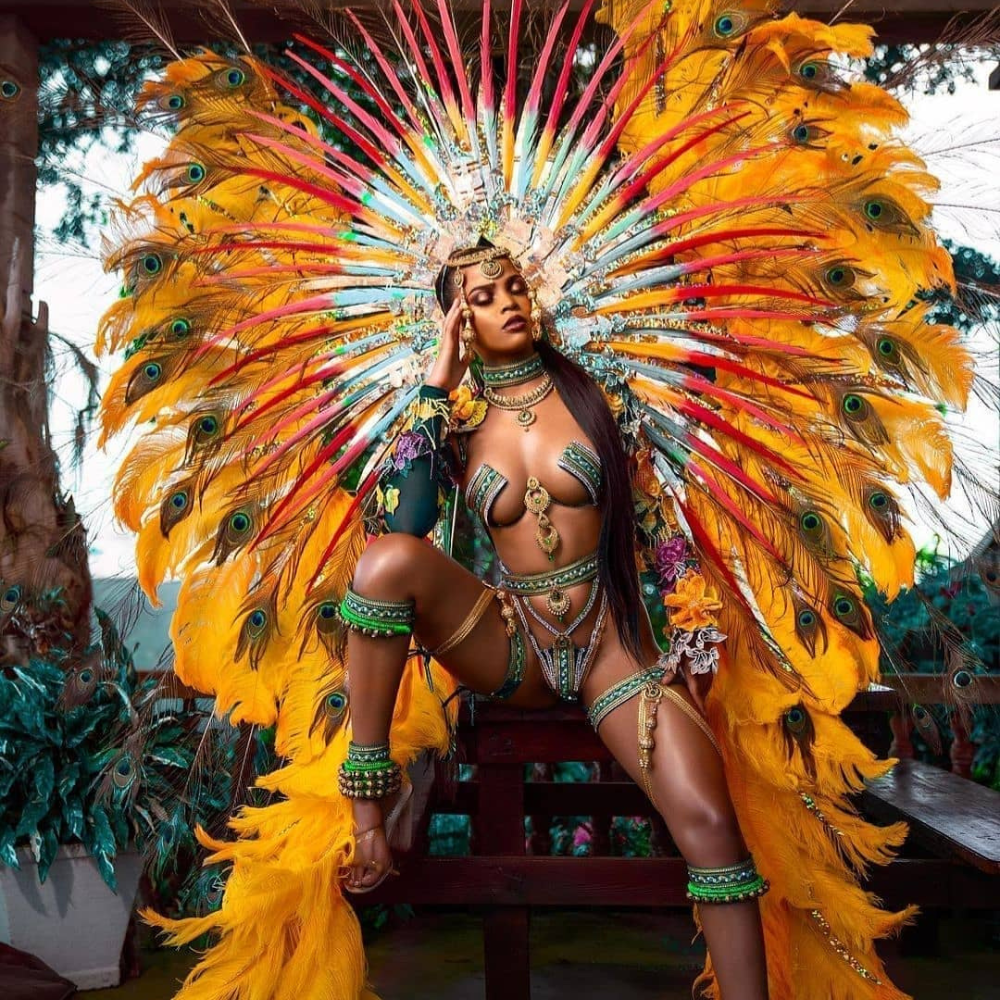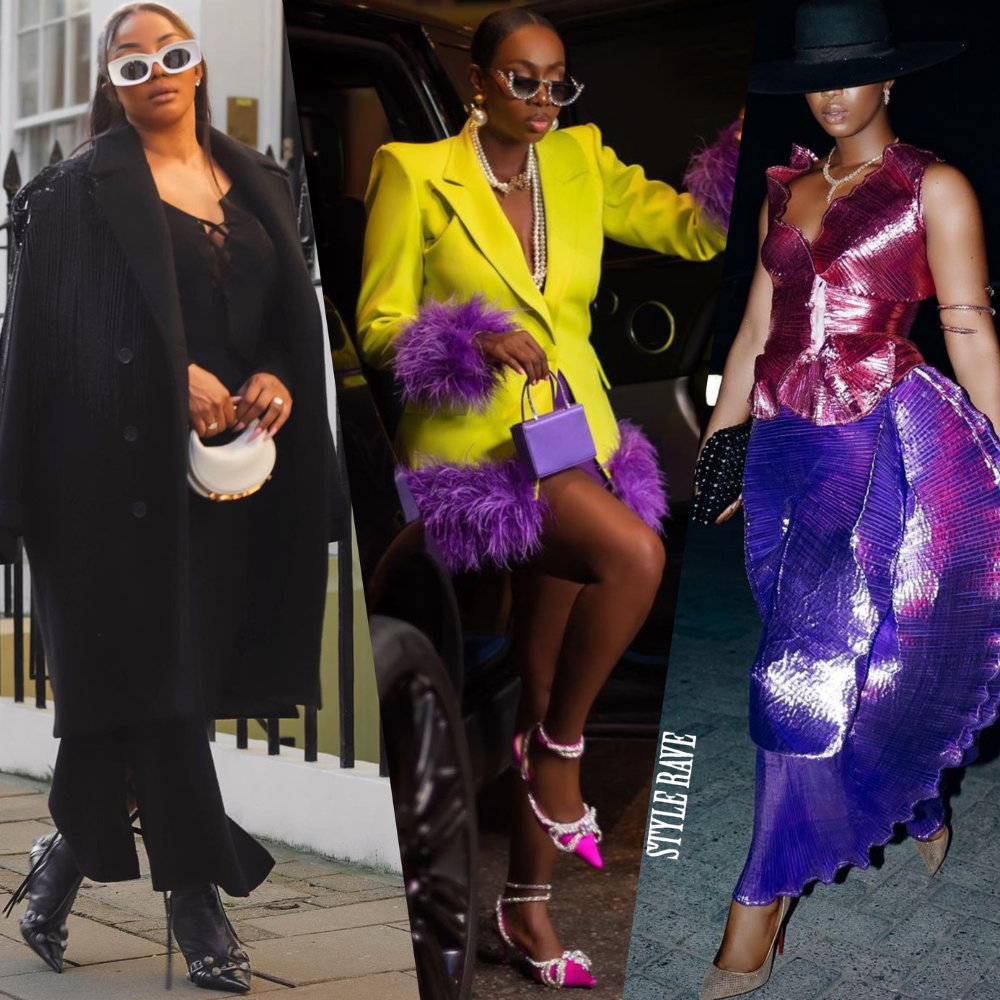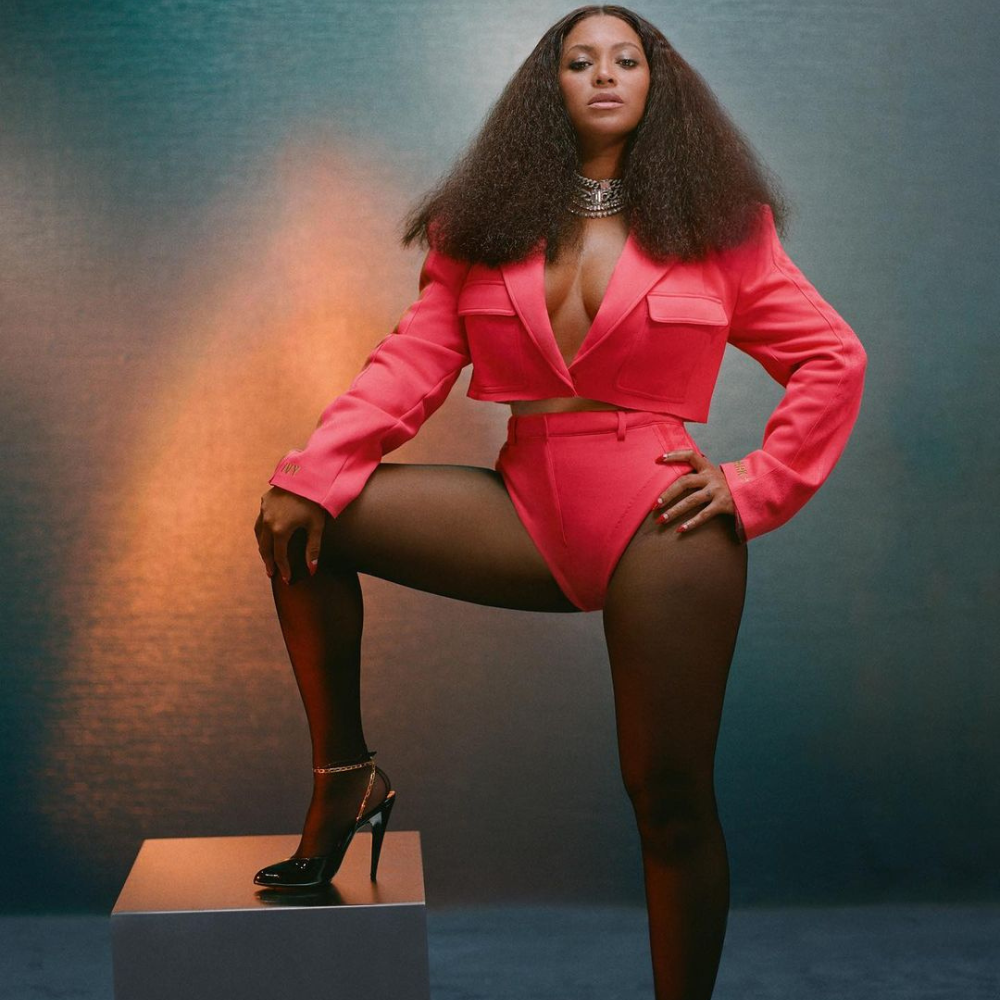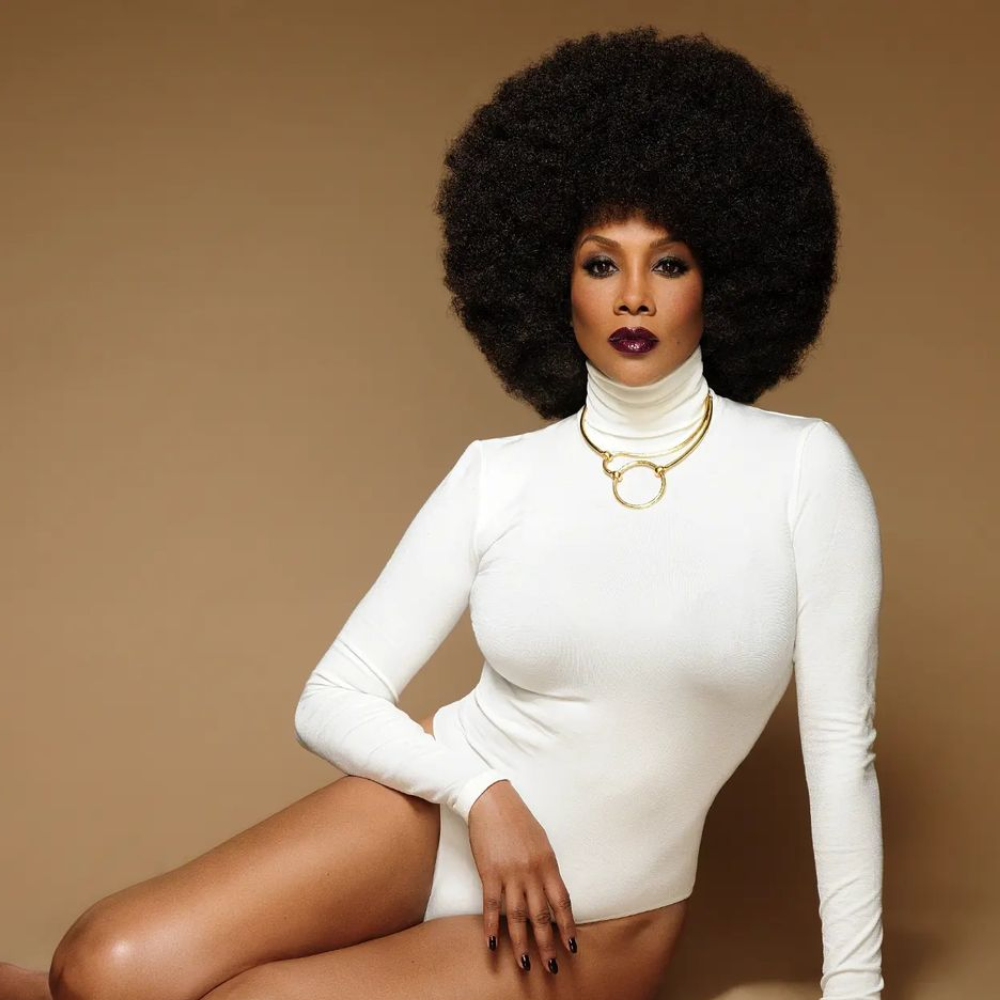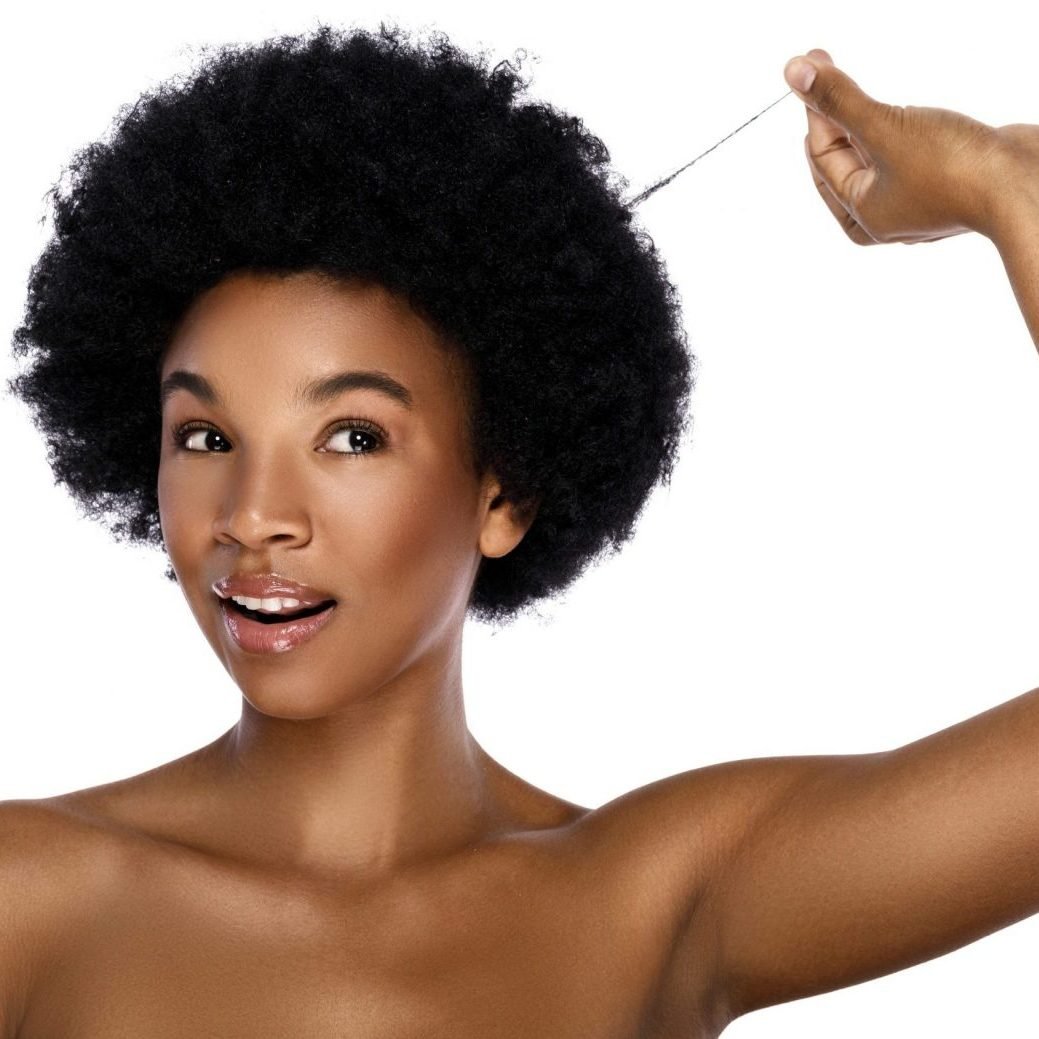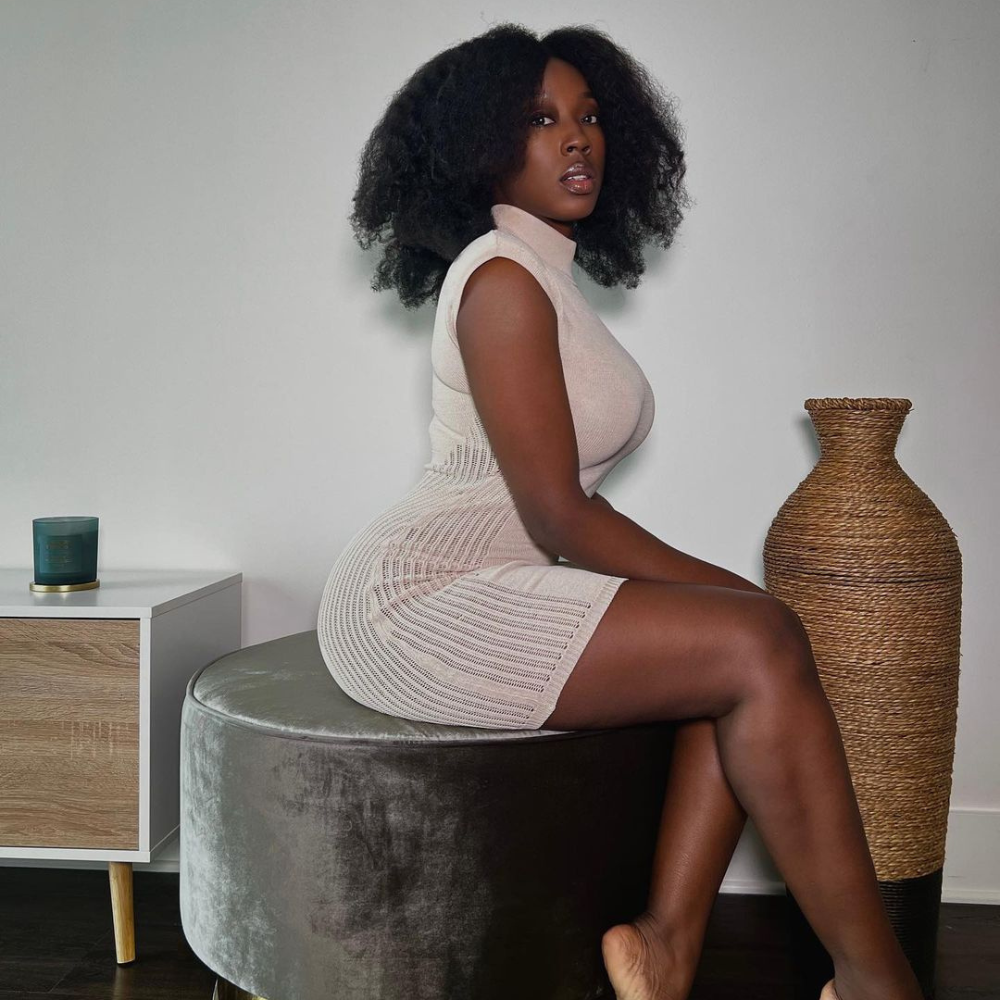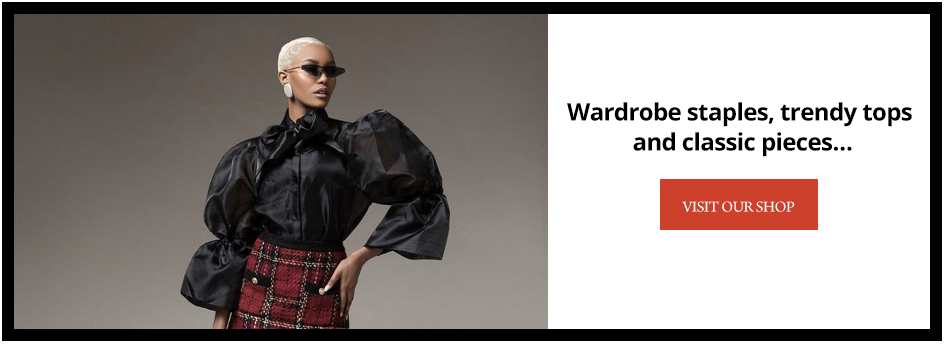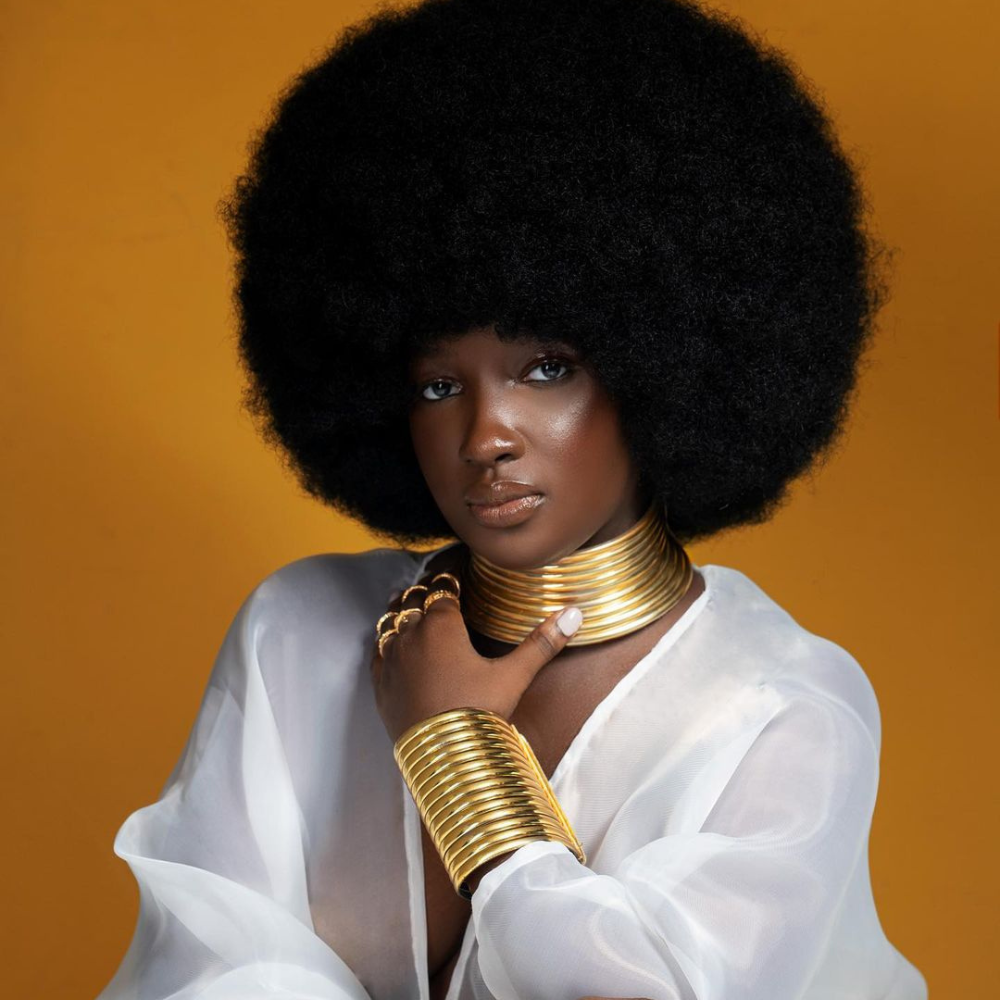
A creative writer with a voracious appetite for fashion, beauty,…
A
s ridiculous as it sounds, Afro hair has had more controversy than any other hair in the world. There’s so much conversation around it. People ask countless questions, like, “Is it still natural hair if you use chemical coloring? Is Afro hair a movement, trend, or political statement?”
What is natural afro hair?
View this post on InstagramA post shared by Toronto/Niagara Portrait & Fine Art Photographer 🇨🇦 (@fabolousbanji)
According to Wikipedia, “Afro-textured hair, or kinky hair, is a human hair texture originating from sub-Saharan Africa. Each strand of this hair type grows in a tiny, angle-like helix shape. The overall effect is such that, contrasted with straight, wavy, or curly hair, afro-textured hair appears denser.” Simply put, afro hair is black people’s hair, regardless of texture.
Tight coils, loose waves, and everything in between are all common textures and patterns of natural afro hair. Kinky, curly, coiled, wavy, or a combination of all the above can be used to describe it. And each texture has special characteristics.
For instance, coily hair can shrink up to 75% of its original length when it dries, making it prone to frizz and dryness. When it comes to styling, natural hair offers countless styling options, including an afro, Bantu knots, twists, braids, and any combination of the aforementioned. The options are limitless.
Also, natural hair makes a statement about culture and politics, in addition to their physical appearance. It’s about upending social norms, promoting self-love and acceptance, and embracing and honoring our cultural history.
Is natural afro hair a political statement?
Afro-hair continues to be a political statement that questions deeply rooted cultural conventions and aesthetic standards despite recent advancements. People of color have been under pressure to adhere to Eurocentric beauty standards that have been putting a premium on straight, silky hair for far too long. Natural hair has been stigmatized as “unprofessional” or “unkempt.” By making the conscious decision to wear our hair natural, we actively reject these damaging beauty ideals and reclaim our beauty on our terms.
Additionally, prejudice against people with afro hair continues to be a problem in numerous companies, educational institutions, and other contexts. Racist hair rules have targeted Black people, forcing them to adhere to Eurocentric aesthetic standards or fear losing their jobs. The consequences of defecting these rules could be disciplinary action or being refused academic/career opportunities. The natural hair movement has played a crucial role in pushing for laws and policies that protect our right to wear our hair in its natural state. Not only is this discrimination unfair, but it is also unconstitutional.
The natural afro hair movement is still a political statement that confronts deeply rooted societal conventions and advocates for inclusivity, self-love, and acceptance, even though it has unquestionably made progress in recent years. It’s a movement that encourages individuals from all walks of life to take pleasure in their natural beauty and celebrates the beauty and uniqueness of natural hair.
Why is it still a political statement?
I remember as a young girl, making my hair was an entire sport. Hair stylists would complain about how thick and rebellious my afro was. They would complain the entire time about its puffiness and advise me to use a relaxer to tame my tresses. Sometimes, I had to hide my hair under a cap and negotiate because there was a high possibility the hair stylist would refuse to braid my hair at first sight. I, for one, am glad that afro hair is a trend, and even people of other races want to be part of it. I’m not speaking of cultural appropriation but of genuine interest and admiration of our culture.
Never has there been so much fuss about any other race’s hair than the blacks. At this point, we’d have projected the spotlight was off Afro hair, and a black woman doesn’t still intrigue people when she wears her ‘fro in full bloom. We would have thought people would have acclimatized to the fact that it is hair and not a thing out of a museum. We would have thought that by now, we can wear our hair to any gathering without people feeling the urge to touch it or take a picture. But sadly, it’s 2023, and we’re still using our manes to stand against Karens and systemic racism.
Black women, who have historically faced discrimination and prejudice based on their natural hair texture and style, would be surprised that it still happens in 2023. As long as these negativities continue to brew around the Black hair, we will wear our tresses as a symbol of Black pride and empowerment.
If we’re still clamoring for laws to protect natural afro hair, then it’s still a political statement. We will continue to reject the notion that our features and cultural traditions are inferior to the dominant culture. By wearing our hair in its natural state, Black people assert our right to exist and be seen as equal and worthy of respect and acceptance.
Natural hair has become a symbol of self-love, self-acceptance, and cultural identity. While progress has been made in recent years towards greater acceptance and inclusivity, there is still much work to be done to dismantle harmful beauty standards and end discrimination based on hair texture and style.
The future of natural hair
The future of natural hair in the political sense is likely to be shaped by ongoing conversations and advocacy around issues of race, identity, and representation. In recent years, there has been a growing movement to challenge beauty norms and celebrate natural hair textures, particularly among Black women.
From a political perspective, the acceptance of natural hair can be seen as part of a larger push for greater inclusion and representation of marginalized communities in public life. In some cases, this has taken the form of legal protections against discrimination based on hair texture or style, as seen in the passage of the CROWN Act in several U.S. states.
However, there are still challenges and barriers to greater acceptance and recognition of afro hair. For example, some workplaces and educational institutions may still have dress codes or grooming policies that discriminate against certain hairstyles. This isn’t in the United States alone, but even some companies in Africa adopt this toxic natural hair-shame culture.
The beauty industry has historically focused on promoting products and services that cater to straight, sleek hair, making it more difficult for people with natural hair to find products that meet their needs. As conversations around diversity and inclusion continue to evolve, natural hair may become increasingly normalized and accepted in political and public life. However, this will require ongoing advocacy and education to challenge harmful beauty standards and promote greater acceptance of afro hair. Then, we can finally live “nappily ever after.”
Featured image: @officialsaskay/Instagram
For the latest in fashion, lifestyle, and culture, follow us on Instagram @StyleRave_
This is a Style Rave original content exclusively created for our readers. If reproduced, distributed, transmitted, cached, or otherwise used by any other publishing house or blogs, such use should provide a direct link to this source article. Use of and/or registration on any portion of this site constitutes acceptance of our Terms & Conditions and Privacy Policy.
—Read also
A creative writer with a voracious appetite for fashion, beauty, lifestyle and culture. As one who's passionate about the advancement of the woman, creating content that inspire smart style and living, and positive lifestyle changes is a calling I take seriously. At Style Rave, we aim to inspire our readers by providing engaging content to not just entertain but to inform and empower you as you ASPIRE to become more stylish, live smarter and be healthier. Follow us on Instagram @StyleRave_ ♥

